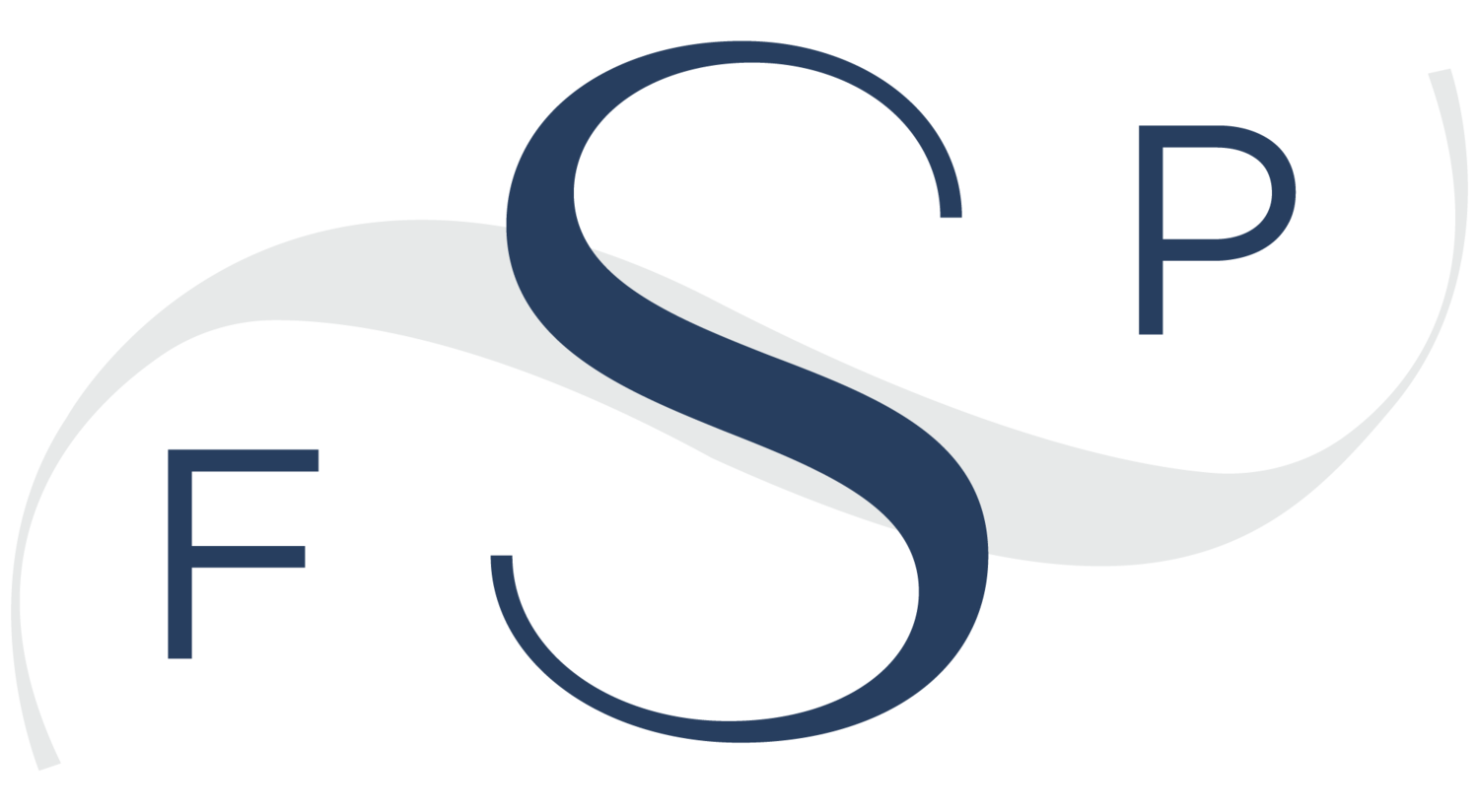Hope After Postpartum Depression: Innovative Treatments That Can Help
Becoming a new parent is often described as one of life’s most joyful experiences—but for many mothers, the period after childbirth can also bring unexpected emotional challenges. Postpartum depression (PPD) affects countless women in the weeks or months following delivery, and its impact can be overwhelming, isolating, and emotionally draining.
At Sturges Family Practice, we understand how difficult it can be to navigate these feelings while caring for a newborn. We also know that help is available. With advances in medical research, innovative treatments are emerging that can provide hope and relief for mothers struggling with PPD.
Understanding Postpartum Depression
Postpartum depression is more than the typical “baby blues,” which usually resolve within a few days. PPD is a clinically recognized mood disorder that can affect mothers of all ages and backgrounds. While the exact causes are complex and multifactorial—ranging from hormonal shifts and sleep deprivation to stress and genetics—the effects are very real and can significantly impact daily life.
Common Symptoms of PPD
PPD can manifest in a variety of ways, and every mother’s experience is unique. Some of the most common symptoms include:
Persistent sadness or emptiness: Feeling down most of the day, nearly every day, without relief.
Anxiety or panic attacks: Experiencing intense worry, fear, or a sense of impending doom.
Trouble bonding with your baby: Feeling detached or unable to connect emotionally with your child.
Changes in sleep or appetite: Either excessive fatigue despite sleeping or difficulty sleeping, as well as significant changes in eating patterns.
Feelings of guilt, shame, or inadequacy: Questioning your ability to parent or feeling like you’re failing your baby.
It’s important to recognize that experiencing these symptoms does not make you a “bad mother.” PPD is a medical condition, not a personal flaw, and effective treatments are available.
Why Early Treatment Matters
Untreated PPD can affect both mother and child. Mothers may experience worsening depression or anxiety, difficulty with daily functioning, and strained relationships. Babies may be impacted as well, with studies showing that maternal depression can influence infant bonding, emotional development, and even long-term mental health.
Early intervention can dramatically improve outcomes. The sooner a mother receives support, the sooner she can regain emotional stability, strengthen her bond with her child, and restore her overall quality of life.
Innovative Treatments for Postpartum Depression
While traditional treatments like talk therapy and standard antidepressants remain important, some women do not respond fully to these approaches. Fortunately, innovative therapies are emerging that can offer faster and more targeted relief.
1. IV Ketamine Therapy
Ketamine, traditionally known as an anesthetic, is now being used in lower doses to treat depression, including treatment-resistant cases and PPD. Administered intravenously in a controlled medical setting, IV ketamine can act rapidly—often within hours—to relieve depressive symptoms.
Many patients report not only improved mood but also reduced anxiety and a clearer mental outlook. Because it works through a different mechanism than traditional antidepressants, ketamine can be an option when other treatments haven’t provided adequate relief.
2. NAD+ Therapy
NAD+ (nicotinamide adenine dinucleotide) is a naturally occurring coenzyme critical for cellular energy production, brain function, and repair processes. Low NAD+ levels can contribute to fatigue, brain fog, and difficulty regulating mood—all of which can be especially challenging for new mothers adjusting to life with a newborn.
NAD+ therapy, delivered via IV infusion, helps replenish these essential coenzymes, supporting energy, mental clarity, and emotional balance. Many mothers report feeling more alert, focused, and emotionally resilient following treatment.
3. Spravato® (Esketamine Nasal Spray)
For women with treatment-resistant depression, including postpartum depression, Spravato® may offer rapid relief. Administered as a nasal spray under medical supervision, Spravato® works differently from traditional oral antidepressants and can provide symptom relief in a matter of hours to days.
Spravato® is often used alongside ongoing therapy and lifestyle support to ensure lasting benefits. For mothers struggling with PPD that does not respond to conventional care, this therapy can be a transformative option.
Holistic Support and Compassionate Care
At Sturges Family Practice, we understand that recovery from postpartum depression is not just about medications or infusions—it’s about whole-person care. Our team provides a compassionate, supportive environment where mothers can discuss their symptoms openly, receive personalized treatment plans, and access a combination of innovative therapies and supportive mental health services.
Recovery from PPD is possible. With the right approach, mothers can regain emotional stability, restore their bond with their baby, and begin to feel like themselves again.
Taking the First Step
If you are struggling with postpartum depression, you are not alone—and you do not have to suffer in silence. Seeking help early can make a profound difference in both your life and your baby’s life.
Sturges Family Practice offers science-backed, compassionate care tailored to the unique needs of postpartum mothers. Whether through IV ketamine, NAD+ therapy, Spravato®, or a combination of supportive therapies, we are here to help you navigate this challenging time and reclaim your mental wellness.
Reach out today to schedule a consultation and explore the innovative treatments that can provide hope after postpartum depression. You deserve support, relief, and the chance to thrive as a new mother.

